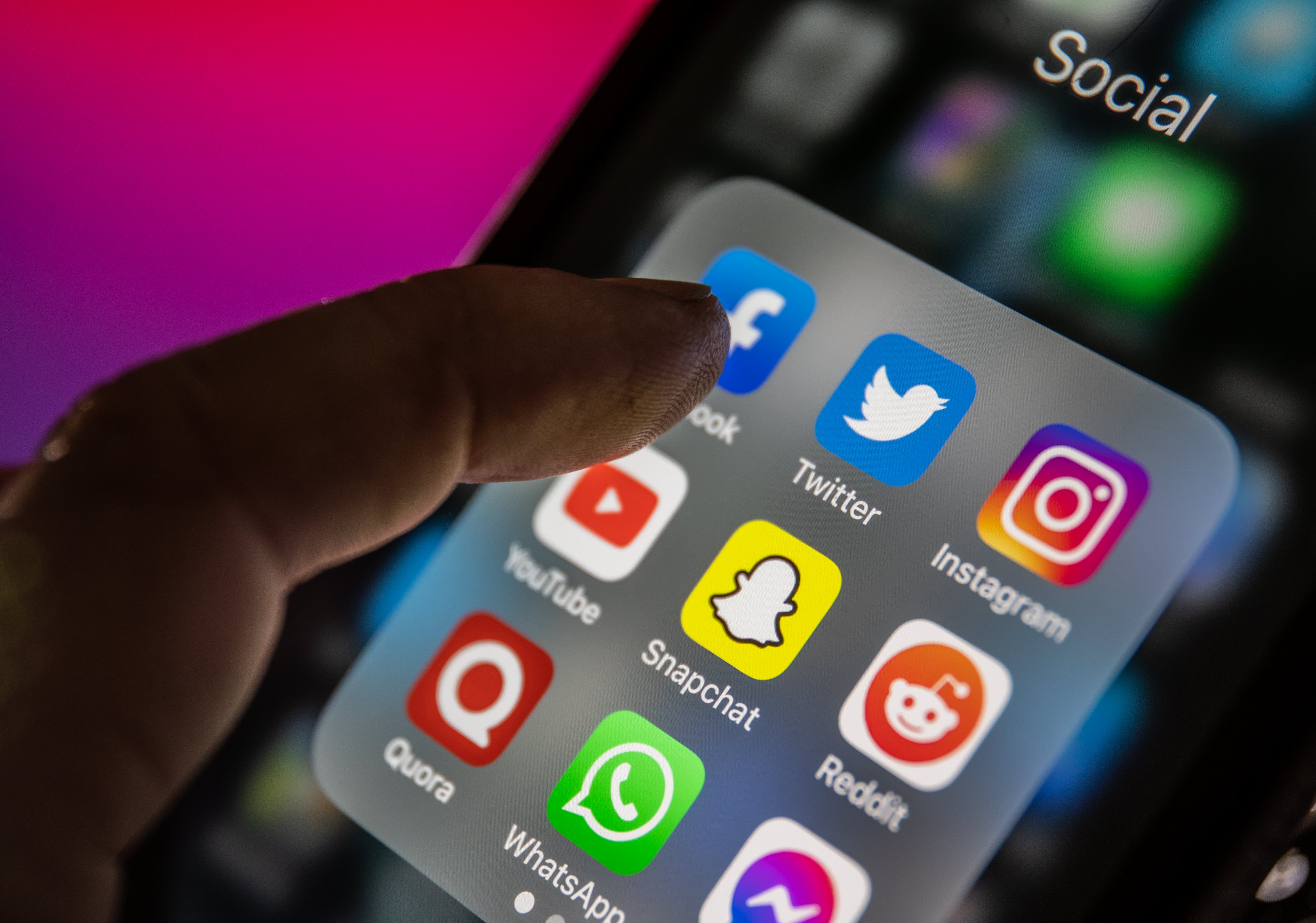Social media is an imperative part of the college, with Facebook and other structures making it easy to speak, plan activities, and proportion snapshots. Not all that students post on social media looks brilliant to recruiters while applying for jobs. This applies to all job seekers, but perhaps most pertinently to younger graduates, who locate that social media unexpectedly encompasses their private and expert lives. “First impressions manifest in the blink of a watch, and lots of at the moment are taking area on social media before you even step foot in an interview,” says Blair Decembrele, a professional at LinkedIn. “Social posts deliver employers a glimpse of who you are outside of a résumé or cover letter, which can be a great element—or awful—depending on what your online character says about you.” Sometimes, what seems like innocent fun to students can critically damage job potential after commencement. To a hiring manager, champagne bathes to have fun, the cease of very last tests may want to recommend binge consumption, and informal smoke may portend unlawful drug usage. Almost one-fifth (17%) of US interviewers have eliminated a candidate from attention due to irrelevant pix published online, says December.

Where to attract the road
While they’re no longer explicitly codified, the rules for playing the part of a younger professional can appear stifling—especially after sporting sweatpants to class for four years. Without knowing the biases of a man or woman hiring manager, some simple fixes can at the least keep away from the most not unusual varieties of content material that enhance red flags:
- Photos with alcohol, tablets, and weapons
- Discriminatory or vulgar language
- Bad-mouthing of former employers
- Political extremism
“Even in case you’re of legal consuming age, a photograph with alcohol isn’t going to make the fine effect, so it’s best to keep away from it,” says December. When it involves politics, she says, “incessant political posting could be a turnoff, specifically in case your posts get heated.” While it might be tempting to forgo social media altogether, that has pitfalls, too. “It may additionally look as when you have something to hide,” she warns. December suggests developing boundaries between your professional and private lives. For instance, you may make your Twitter profile public while imposing strict privacy settings on your Facebook account.
When doubtful, delete
“Generally, an excellent rule of thumb is: if you don’t want your mother to look it, then perhaps don’t submit it,” says Kristen Ribero, head of organization advertising and marketing at Handshake, a career community for university college students and current grads. “The key component to observe in which you don’t need to attract interest away from what really topics: your understanding and why you’d be a top-notch candidate for said role.” Finding methods to spotlight relevant revel and qualifications is a given; however, sharing facts about passions and pastimes can also be beneficial. Making non-public bills personal reduces the chance of being less applicable; however, in all likelihood, disqualifying content material surfacing while a recruiter searches for information about a candidate online. Getting disqualified from an activity because of something a hiring manager sees on social media might also appear unfair. However, recruiters need employees who “proudly represent the agency on and off the clock,” Ribero notes. So, after fretting over cowl letters and resumes, spending a few minutes getting your virtual existence is a small movement with a probably massive payoff.